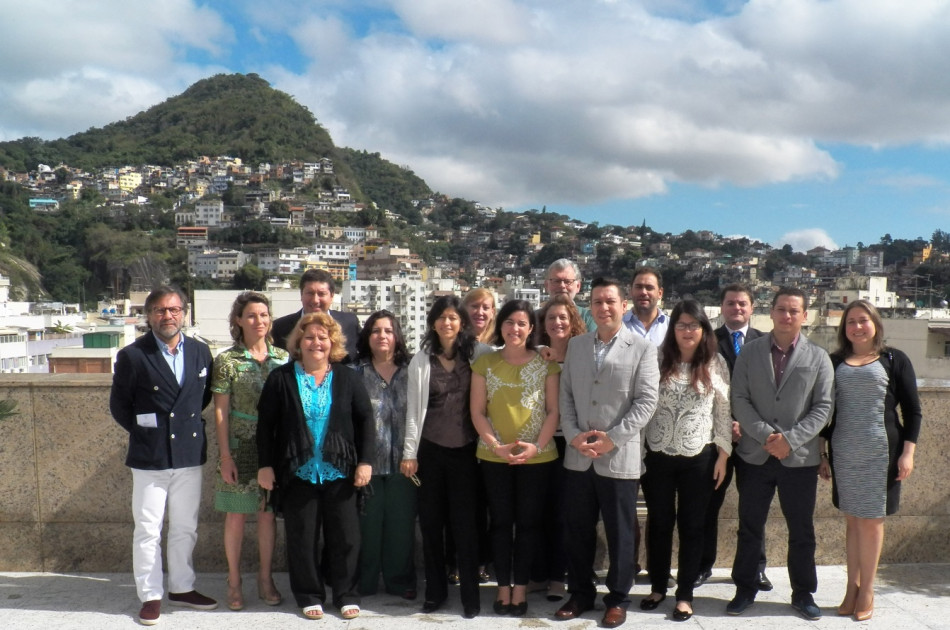Road safety benchmarking in Latin America - second workshop

In 2014, the International Transport Forum (ITF) and the FIA signed a 3-year cooperation agreement focusing on the improvement of worldwide traffic crash data collection and analysis. As part of this cooperation agreement, a project benchmarking road safety performance in Latin American countries was selected for implementation.
The objective of this project started in 2015, is to offer policy makers in Latin America a tool to assess the weaknesses and strengths of each country in the field of road safety and identify areas deserving policy attention and where the experience of other countries may be applied.
Ten countries have agreed to take part in the project: Argentina, Brazil, Chile, Colombia, Costa Rica, Cuba, Ecuador, Mexico, Paraguay, and Uruguay.
In a first phase, a theoretical methodological framework was developed. A first workshop with the data coordinators from the participating countries was held in Costa Rica in July 2015 to review, discuss and fine-tune the methodology.
The objective of this second workshop was to review data and information collected so far, present a preliminary analysis, identify and discuss additional data and information needed for the various case studies selected for inclusion in the project, and agree on next steps to finalise the project.
Seventeen people took part in the workshop: safety experts from the ten participating countries and representatives from the FIA, the Ibero American Road Safety Observatory (OISEVI), the International Road Assessment Programme (iRAP), and the ITF.
During the week, bilateral meetings were also held with each country representative, to better understand the data and the policy context. This series of meetings proved to be very useful to understand the limitations of some data, the specificities of each country regarding vehicle and road classification, enforcement practices, and the various sources of information for traffic and safety data.
One of the key partners of the project is iRAP which agreed to share and analyse data collected recently in 8 of the 10 countries. A preliminary analysis was available for the workshop. Discussion focused on ensuring comparability of data between countries. This work is being done by LABTRANS, the newest iRAP centre of excellence in Latin America.
Next steps for this project include a 3rd and final workshop on 6-7 October 2016 in Honduras, the finalisation of the report by end of 2016, followed by a series of national and international dissemination events throughout 2017.

 Facebook
Facebook Twitter
Twitter






